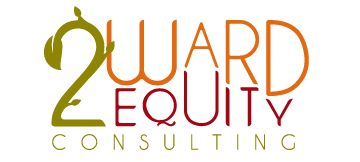In a previous blog I shared that a culturally responsive educator understands who they are. Who you are impacts how you see and experience the world and how you interpret your daily interactions with the people around you. Who you are is a result of the years you have behind you, birth to present day. Your history is in you, a part of you and sits with you, often unconsciously.
In my continued thirst for knowledge about identity and history I am learning more about indigeneity and learned a phrase that resonates with me deeply. The idea of seventh generation thinking was shared in a recent learning event I attended. The event was designed to teach about multiple ways of being indigenous and understanding indigeneity. Seventh generation thinking in my naïve beginner’s language is recognizing that the world we inhabit now must be sustained seven generations beyond us. For me it means I have to leave the world better than I found it for all the generations that will call me ancestor. I equate this realization to the mind blown emoji! The learning event facilitators addressed the belief that your history sits in your body and can revisit your ancestors in their bodies in different ways. They taught about historical trauma in the indigenous community and how if we are not conscious of our histories they may revisit us. I’ve taken that learning with me and now apply it to my thinking and facilitation of dialogue with adults.
This week we hosted, for the third time, a session titled Becoming an AntiRacist Educator: Words have power. The I am poem is a pivotal activity in this professional learning session designed to engage educators and community members in deep reflective thought about their personal background, their beliefs and what has made them who they are today. This simple activity has brought on tears, reflections, anger, sadness and relief from things our staff have bottled up inside and sometimes shared with no one. I used my newly gained knowledge after we shared our poems, to communicate that unresolved issues and identities, as well as historical trauma sits in our bodies and can erect barriers to our ability to engage as AntiRacist interrupters, disruptors and co-conspirators. I recognize that identity and the masks we wear are at times barriers to our ability to create identity-safe spaces for our students and their families.
I share my own I am poem as a springboard to your personal reflection on your history and identity.



